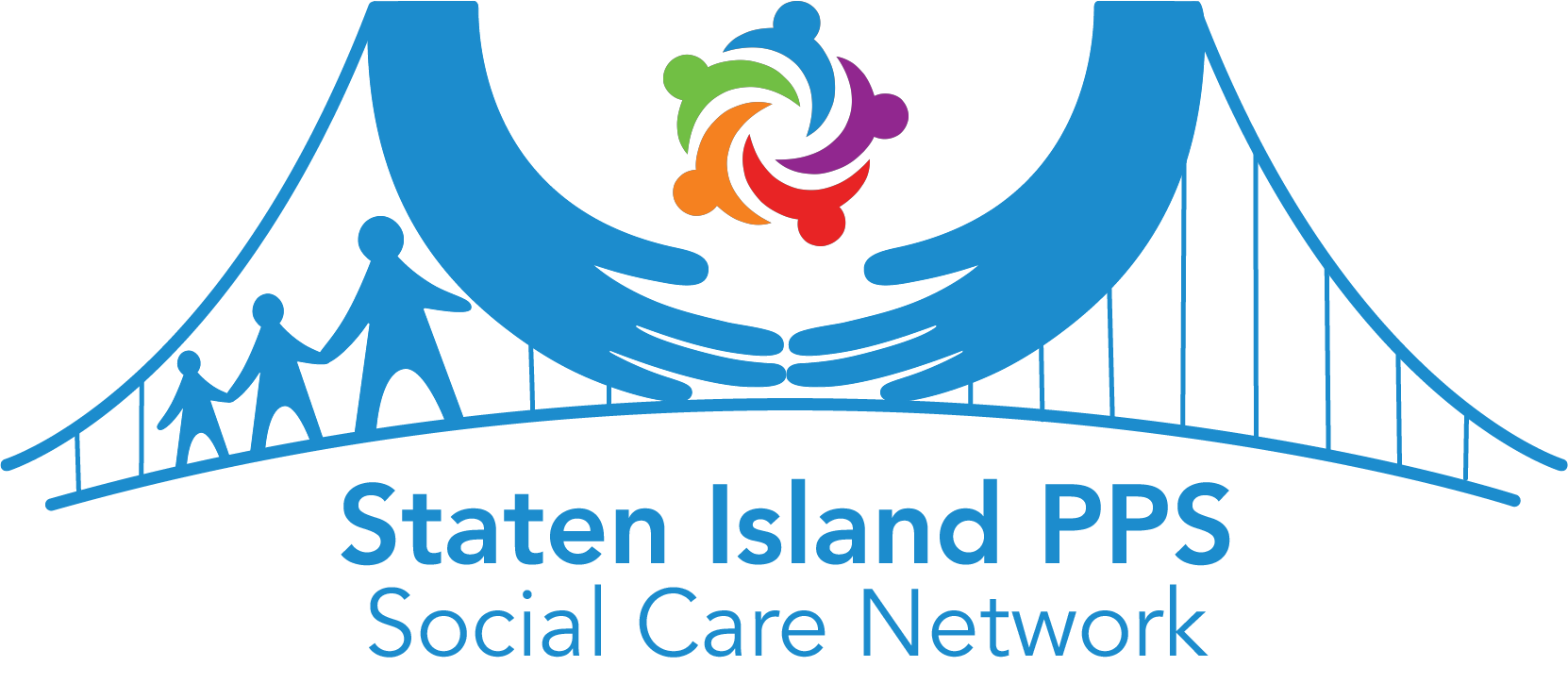
Staten Island Fentanyl and Overdose Task Force urges Governor Hochul for more funding
he Staten Island Fentanyl and Overdose Task Force is urging Gov. Kathy Hochul and New York state legislators to provide more funding for drug addiction treatment and prevention programs in the borough.
The task force released its 2025 final report and recommendations for the governor and state legislators during a news conference Wednesday at the office of District Attorney Michael E. McMahon.

How Staten Island’s ‘hotspotting’ program is helping curb drug overdose deaths
When Matt Germoso cold calls someone he knows might be at risk of a drug overdose, he says, “ We won’t necessarily lead with, you know, ‘Hey, I’m calling you about substance use.’”
Instead, Germoso, who once struggled with addiction himself and is now a peer recovery advocate at Staten Island University Hospital, will talk about a range of social services he can connect the person with and try to get a sense of what they need.
Germoso’s outreach is part of a novel program known as “hotspotting,” which uses a combination of data, artificial intelligence and old-fashioned human connection to home in on and help the people at highest risk of a drug overdose.

Medicaid recipients on Staten Island eligible for meals, pantry boxes from Social Care Network
The Social Care Network of Richmond County is providing meals and pantry boxes to approved Medicaid recipients worried about the Supplemental Nutrition Assistance Program benefit interruption.
The pantry boxes, tailored to diet restrictions, contain enough food for seven days, said Dr. Joseph Conte, executive director of the Staten Island Performer Provider System, which coordinates the Social Care Network in support of residents through community-based organizations.

Staten Island Veterans Day Suit Drive: How to donate and get 50% off a new purchase
David & Co. Menswear, a luxe boutique located at 2955 Veterans Rd. West in Charleston, is once again spearheading a Veterans Day Suit Drive, collecting gently used suits from Nov. 9 to 15 – all of which will be donated directly to an organization that provides professional attire to veterans in need.
All suits will be donated to SI PPS, which helps local service members look and feel their best as they transition into new opportunities.

Drop in ODs on Staten Island hailed as ‘powerful turning point,’ but leaders vow fight will continue
Staten Island’s significant drop in overdose deaths is being hailed by community leaders as a “powerful turning point” in the borough’s fight against addiction — however, several cautioned work still needs to be done.

Refrigerated SMART Food Lockers launch on Staten Island to help families access nutritious meals
In a major step toward addressing food insecurity and improving health outcomes for vulnerable families, the Staten Island Social Care Network and Teton Health have launched refrigerated SMART food lockers at key community locations across Staten Island.

Staten Islanders have unique chance to access ‘life-changing’ support program
A first-of-its-kind social support program is now available on Staten Island — but those who qualify shouldn’t wait to grasp the opportunity, which is currently set to expire in March 2027.
The Social Care Network for Richmond County was formed to connect the 180,000 Staten Islanders who rely on Medicaid funding to reliable social care resources within the borough, with a goal of improving the often overlooked non-medical factors that impact health.

NYC Health + Hospitals/Lincoln launches 'Hotspotting' program to help overcome addiction
One of the biggest barriers reported from people with addiction is lack of consistent support. The “Hotspotting” program was developed in partnership with the Staten Island Performing Provider System.

Fentanyl, animal tranquilizers remain threats as overdoses dip more than 25%
The Staten Island Fentanyl and Overdose Task Force meets in the office of District Attorney Michael E. McMahon on Wednesday, May 14, 2025, in St. George.

